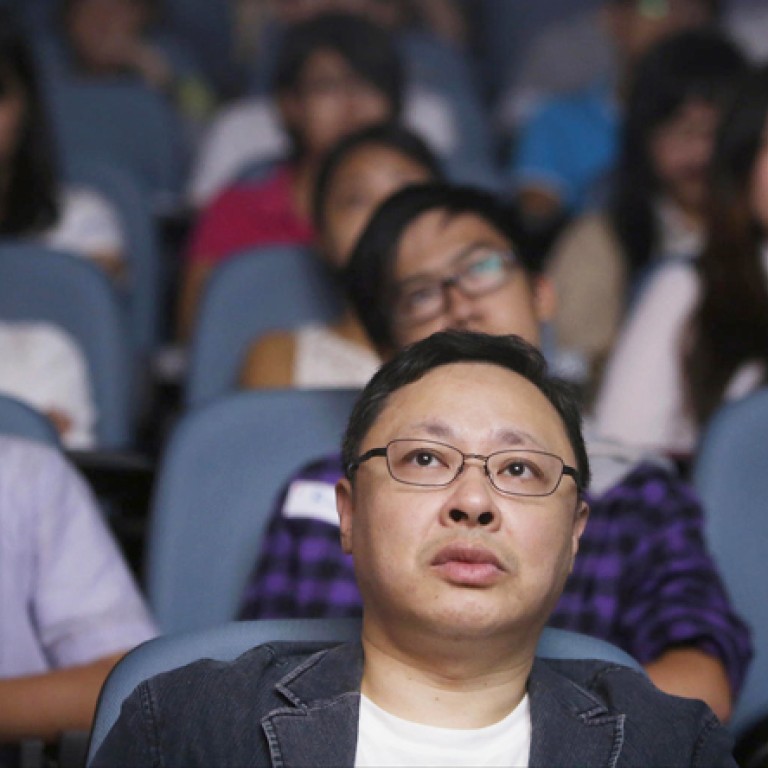
Majority of Occupy supporters say 'block roads to disrupt Hong Kong'
Reform movement announces plan to assemble team of legal experts to review all proposals
More than 80 per cent of students who participated in the second Occupy Central deliberation day yesterday said they supported using non-violent civil disobedience as a means to fight for true democracy, said organisers.
Some 724 students met at seven different universities in an attempt to build consensus within the movement on the upcoming electoral reform battle. Students were divided into small groups.
Just half of the groups showed support for having a committee for nominating candidates, as outlined in the Basic Law. And 25 per cent of the groups said such a committee should be done away with completely.
Some 77 per cent of groups supported public nomination, which would allow anyone to become a candidate if they receive the backing of a certain number of registered voters.
The Occupy movement also announced plans to invite experts on the city's mini-constitution to determine whether future political reform proposals met international standards of universal suffrage. That will happen ahead of the next deliberation day, before May next year.
Among those experts will be former HKU professor Yash Ghai.
"Professor Ghai will return to Hong Kong for that reason," said Benny Tai Yiu-ting, co-founder of the civil disobedience movement. Organisers are also working to invite members from the United Nations Human Rights Committee to evaluate proposals, Tai said.
Johnson Yeung Ching-yin, deputy secretary general of the Hong Kong Federation of Students, said participants were concerned any nominating committee would be easily manipulated by Beijing.
"Those who supported it to stay have stated clearly that it must be reformed to make it broadly representative," he said.
Students also supported party nomination and did not see public nomination as the only method for putting forward candidates, Yeung said.
Mainlander Frang Ling, a postgraduate student at the Hong Kong Institute of Education, was one of the participants yesterday.
"Being part of Hong Kong, I also want to take part in the democracy movement. The deliberation experience is rather new to me as it can seldom be seen [on the mainland]," he said.
But he said he only supported the aims of the Occupy movement, not its means. Supporters have said they will block roads in Central next summer as a last resort if the government has not come up with a satisfactory plan to implement universal suffrage.

